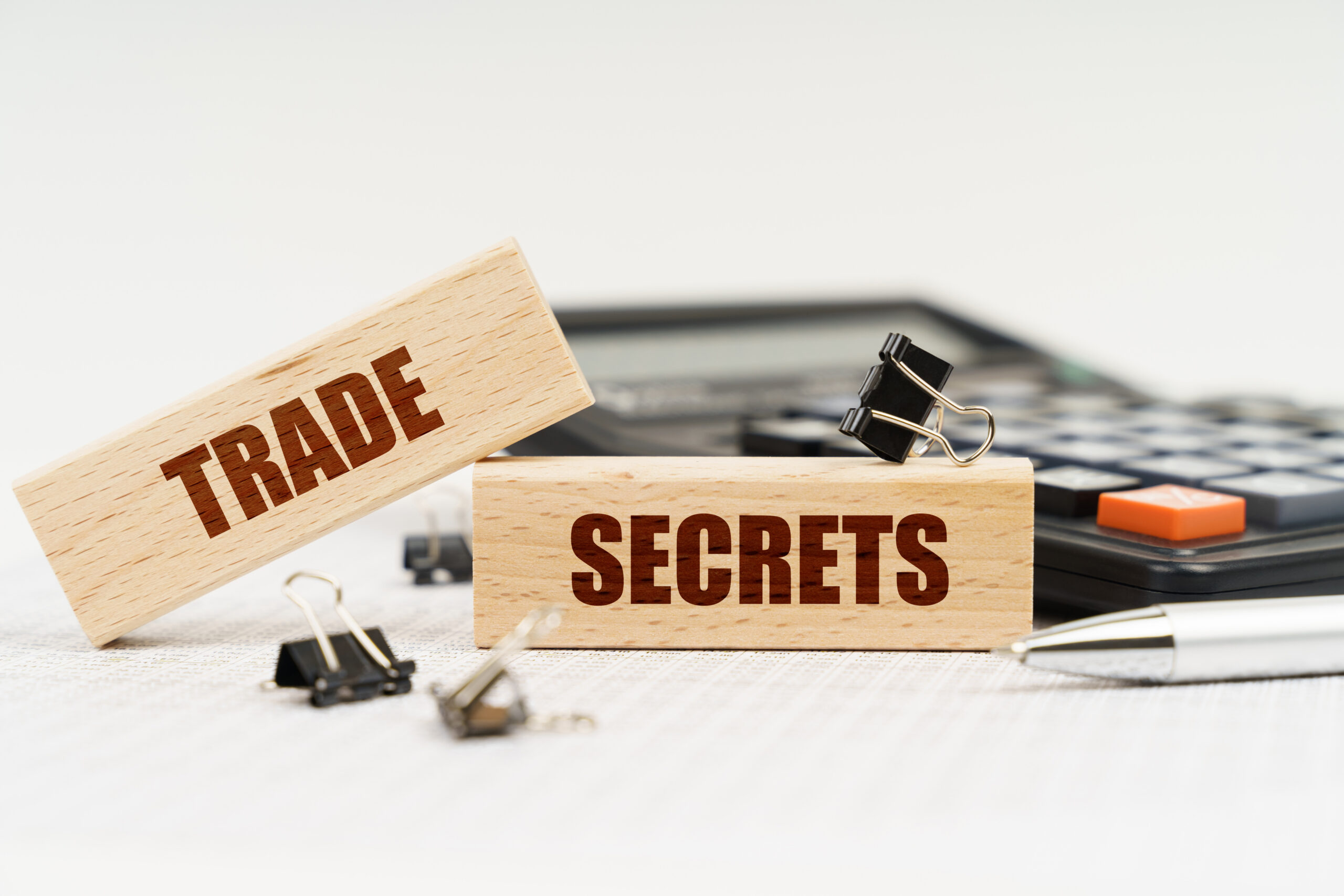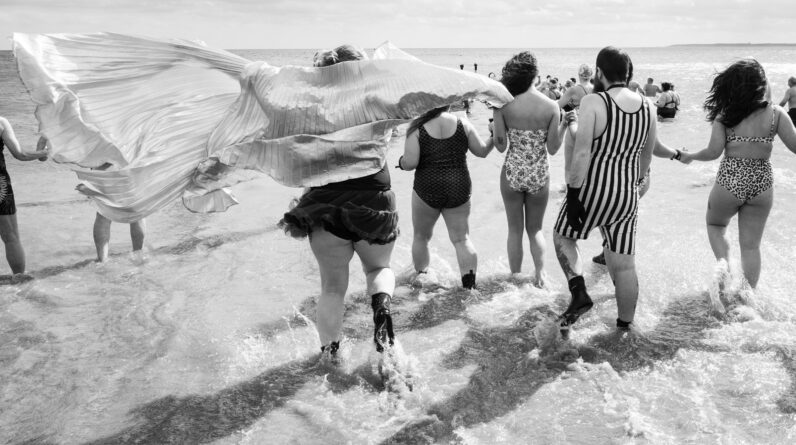
Copyright Law Day is dedicated to raising awareness about the importance and protection of intellectual property rights. It is a day to recognize the rights of creators and encourage respect for copyrighted works.
Copyright Law Day is an annual event that aims to highlight the significance of copyright laws and the protection of intellectual property rights. This day reminds individuals and organizations alike about the vital role copyright plays in safeguarding the creations of artists, writers, musicians, and other creative professionals.
Copyright laws grant exclusive rights to creators, allowing them to control and benefit from their original works. From books and music to inventions and software, copyright protection ensures that creators are acknowledged and rewarded for their creative output. In today’s digital age, where sharing and accessing information has become more accessible, Copyright Law Day serves as a timely reminder of the importance of respecting intellectual property rights and promoting a culture of creativity, innovation, and fair use.
The Importance Of Copyright Law
Copyright law holds immense importance in the realm of intellectual property protection. It is a vital safeguard for creative works, enabling creators to retain control over their original content. By granting exclusive rights to the creators, copyright law ensures that their artistic, literary, musical, or other original creations are not infringed upon or used without proper authorization.
The primary role of copyright law is to safeguard creators’ economic and moral rights, giving them the freedom to benefit from their creations in various ways. It enables creators to control their works’ distribution, reproduction, adaptation, and public display. This control promotes innovation, creativity, and incentive to produce quality content, as creators can profit from their work and protect their unique contributions.
Copyright law also plays a crucial role in fostering a culture of respect for intellectual property in society. By providing legal protection, it encourages individuals and organizations to acknowledge and respect the rights of creators, ensuring fair compensation and appropriate recognition.
Copyright Infringement And Its Consequences
Copyright infringement refers to the unauthorized use, reproduction, or distribution of someone else’s creative work, such as texts, images, videos, or music. It occurs when a person or entity violates the exclusive rights granted to the original creator under copyright law.
There are various forms of copyright infringement, including using copyrighted content without permission, reproducing copyrighted works without authorization, and distributing copyrighted materials without the copyright holder’s consent. This can happen online through websites, social media platforms, file-sharing networks, offline through printed materials, or unauthorized public performances.
The consequences of copyright infringement can be severe. The copyright holder can take legal action against the infringer, seeking damages and potentially an injunction to stop further infringement. This can lead to costly litigation, financial penalties, and the possibility of criminal charges.
Additionally, the infringing party may be required to pay statutory damages based on the severity of the infringement. It is crucial to respect copyright laws and obtain the necessary permissions or licenses when using or distributing copyrighted materials to avoid facing these legal consequences.
Fair Use And Copyright Law
Fair use is a crucial concept in copyright law that allows individuals to use copyrighted material without permission from the copyright holder under certain circumstances. To determine whether a particular usage is considered fair use, four factors should be considered:
- The purpose and character of the use: Non-commercial, educational, or transformative services are more likely to be deemed fair.
- The nature of the copyrighted work: Factual or published results are more likely to be considered fair use than fictional or unpublished works.
- The amount and substantiality of the portion used: Using a small, insignificant part of the work is more likely to be fair use.
- The effect of the use on the market value of the original: If the service does not diminish the potential market for the original work, it is more likely to be fair use.
Real-life examples of fair use cases demonstrate how these factors are applied in practice. One famous example is the parody of the song “Pretty Woman” by the band 2 Live Crew, which was deemed fair use as it transformed the original work and did not affect its market value. Another example is using copyrighted images in news reporting or academic research, often considered fair use for informational purposes.
Copyright Registration And Protection
Registering your copyright offers numerous benefits. Firstly, it establishes a public record of your ownership. This documentation acts as evidence in case of any legal disputes. Secondly, the copyright owner has the exclusive right to reproduce, distribute, and display their work.
Thirdly, registration allows the owner to seek statutory damages and attorney’s fees in case of infringement. Copyright registration involves completing an application form, submitting the required payment, and depositing a copy of the work being registered.
Benefits Of Copyright Registration
- The public record of ownership
- Exclusive rights to reproduce, distribute, and display
- Ability to seek statutory damages and attorney’s fees
Process Of Copyright Registration
- Complete the application form
- Submit the required fee
- Deposit a copy of the work
How To Protect Your Copyrighted Works
Protecting your copyrighted works involves taking proactive measures. Firstly, mark your work with the copyright symbol (©), followed by the year of publication and the copyright owner’s name. Secondly, use watermarks or digital rights management tools to prevent unauthorized copying or distribution. Additionally, monitoring potential infringement and taking immediate action if necessary is essential. Consult an intellectual property attorney to understand better the options for protecting your unique creations.
Digital Copyright And Online Piracy
Online piracy poses a significant challenge for creators, copyright holders, and the digital content industry. The ease of sharing and distributing digital content has led to an increase in unauthorized copying and distribution. This has negatively impacted the revenues of content creators, leading to financial losses and reduced incentives for innovation.
Online piracy affects the economic aspect and undermines the value and integrity of creative work. It undermines trust and discourages investment in the development of new content. Additionally, it can have far-reaching consequences for industries such as music, film, and publishing that rely heavily on intellectual property rights for revenue generation.
To combat online copyright infringement, various measures have been implemented. Some of these include:
- Legal action: Copyright holders can act against individuals or websites engaged in piracy.
- Technological solutions: Implementing technologies such as digital rights management (DRM) can help protect digital content.
- Education and awareness: Educating users about the consequences of piracy and promoting legal alternatives can help reduce infringement.
- Collaboration: Collaboration between stakeholders, including content creators, platforms, and law enforcement authorities, is essential for effectively enforcing copyright laws.
- International cooperation: Encouraging international collaboration and harmonization of laws can help address the global nature of online piracy.
Copyright Lawsuits And Litigation
Copyright lawsuits and litigation can be complex and challenging to navigate. Before considering filing a case, it’s crucial to evaluate a few factors to determine the right course of action. First, it’s essential to assess the strength of your copyright claim, including the originality and ownership of your work. Additionally, it’s necessary to consider the potential damages you may be entitled to and if they outweigh the potential costs and time involved in litigation.
Recent copyright litigation cases provide valuable insights into the legal landscape surrounding intellectual property rights. These cases often involve various industries, such as music, photography, and software development, highlighting the importance of protecting creative works across different mediums. It is crucial to stay updated on recent cases to understand better how courts interpret copyright laws, which can inform your decision-making process if you are facing or contemplating legal action.
International Copyright Laws
Copyright laws vary significantly across different countries; understanding these laws’ basics is essential in today’s globalized world. International copyright laws are designed to protect the rights of creators and provide a legal framework for the use and distribution of creative works across borders.
International organizations play a vital role in the protection of copyright. Organizations like the World Intellectual Property Organization (WIPO) facilitate international cooperation and establish standards for copyright protection. They work to harmonize national copyright laws and ensure that creators’ rights are recognized and respected globally.
It is important to note that there are critical differences between copyright laws in different countries. These differences can range from the duration of copyright protection to the rights granted to creators. For instance, in some countries, copyright protection may be automatic, while in others, creators need to register their works to receive protection. Therefore, individuals and businesses involved in intellectual property should be aware of the specific laws and regulations in the countries where they operate.
Copyright Law For Content Creators
Content creators must clearly understand copyright law to protect their work. One important aspect is licensing and permissions. To avoid infringement, it is crucial to obtain proper licenses or permissions when using copyrighted material. Content creators should know fair use guidelines and seek consent when necessary. Additionally, registering their work with the copyright office provides additional protection and benefits.
Another essential practice is enforcing copyright protection. Content creators can employ various strategies to safeguard their work from unauthorized use. These may include watermarking their content, monitoring for infringement, sending cease and desist letters, or pursuing legal action when necessary. Proactively protecting copyright can help deter potential infringers and preserve the value of the creator’s work.
Future Trends In Copyright Law
The future of copyright law is closely tied to the emergence of new technologies. As we advance in the digital age, protecting intellectual property is becoming increasingly complex. Copyright laws are constantly being challenged with the rise of the internet, online platforms, and digital content sharing.
Emerging technologies such as artificial intelligence, blockchain, and virtual reality are revolutionizing how we create, distribute, and consume content, but they also bring new challenges and controversies. For instance, AI-generated content raises questions about ownership and authorship, while blockchain technology can transform digital rights management.
These advancements necessitate reevaluating and adapting copyright legislation to address the evolving digital landscape. Researchers and legal experts predict that in the future, there will be a greater emphasis on protecting creators’ rights, promoting fair use, and finding a balance between innovation and copyright protection. Lawmakers must stay ahead of the technological curve to address these complex issues in the future effectively.

Credit: knowledgewebcasts.com
Dates of Copyright Law Day
| Year | Date | Day |
|---|---|---|
| 2024 | January 1 | Monday |
| 2025 | January 1 | Wednesday |
| 2026 | January 1 | Thursday |
| 2027 | January 1 | Friday |
| 2028 | January 1 | Saturday |
Frequently Asked Questions Of Copyright Law Day
When Did Copyright Become A Law?
Copyright became a law in different countries, but it originated in the 18th century. In the United States, copyright law was first established in 1790 with the Copyright Act.
What Was The Copyright Law Before 1976?
The copyright law before 1976 granted copyright protection for a maximum of 28 years. After this initial term, copyright holders could renew for an additional 28 years, totaling 56 years of protection. This law has since been updated to provide longer copyright terms.
What Is The 75-Year Copyright Law?
The 75-year copyright law refers to the duration of copyright protection for creative works. It grants exclusive rights to the creator for 75 years after their death, ensuring they have control over their work and can profit from it.
This law aims to protect intellectual property rights and encourage the creation of new artistic works.
What Is The 100-Year Copyright Law?
The 100 years copyright law refers to copyright protection that lasts 100 years after the author’s death. It ensures the works remain protected from unauthorized use or reproduction for a century after the creator’s passing.
Conclusion
Copyright Law Day sheds light on respecting intellectual property rights in the digital age. By understanding the legal ramifications and taking proactive measures to safeguard original creations, individuals and businesses can confidently navigate the complex landscape of copyright law.
Whether it is simply acknowledging the authorship of a work or obtaining proper permissions, upholding copyright laws ensures a fair and balanced playing field for all creators. Stay informed, stay compliant, and together, let’s preserve the integrity of creative works for generations to come.





